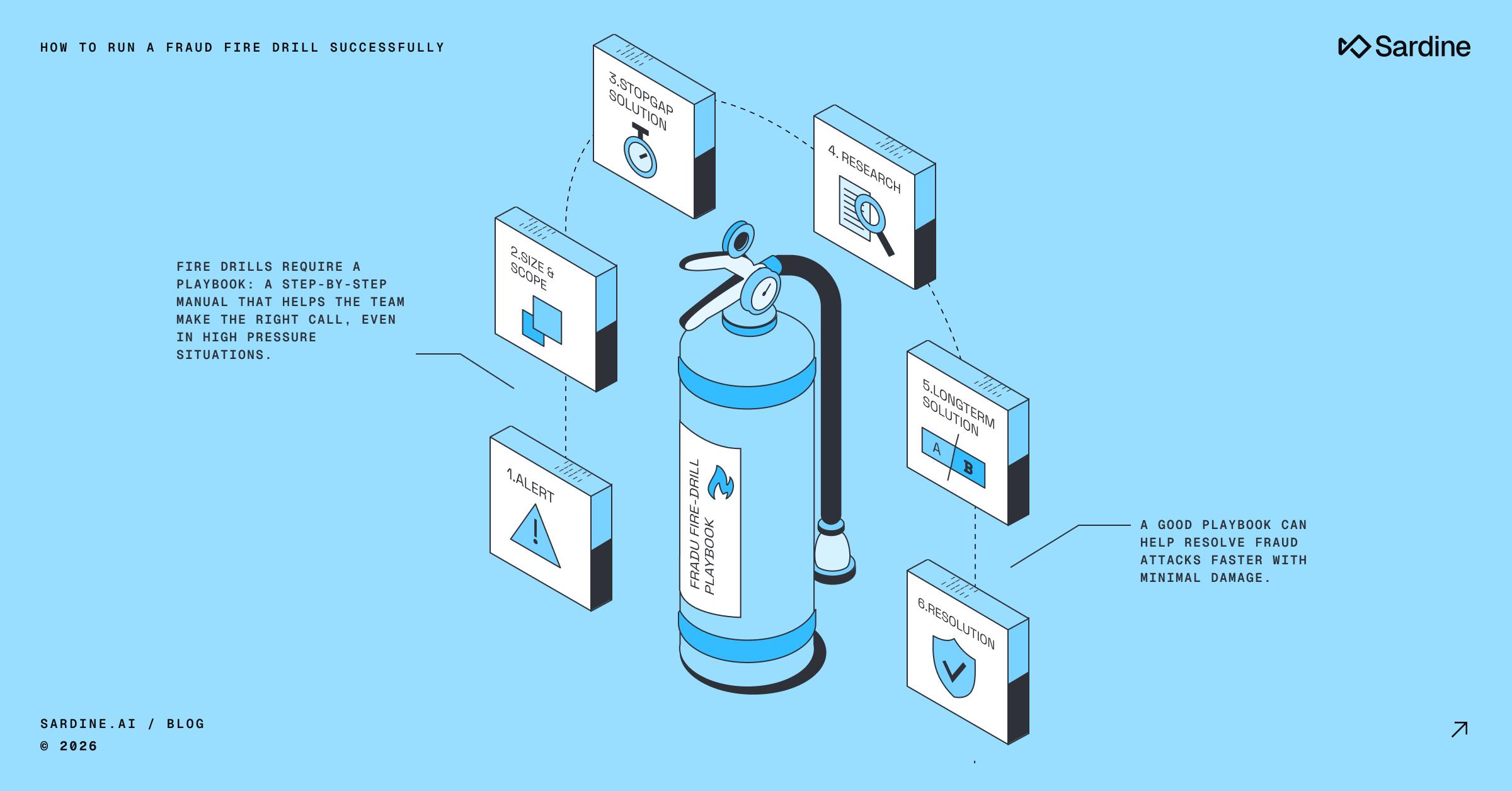How Sardine delivers a first-class KYC onboarding experience
The security process can make or break a customer’s onboarding experience. At an airport and to financial products. Customers feel relaxed when the queues are fast-moving and the staff are friendly. Delays, security issues, and slow-moving lines are a nightmare.
For digital KYC, the issue is hurting the bottom line. More than nine in ten companies lose customers during onboarding, seriously hurting profit margins.
What if we could spot good users waiting in line and allow them to get into the fast lane? This is exactly what Sardine’s Step Up KYC Agents allow. They dramatically speed up the screening for false positives, saving compliance staff time and helping more users convert quickly.
It all starts with collecting data as passively as possible.
You need your boarding pass and passport at an airport to get into the “secure zone.” This mirrors initial KYC, where often small bits of information can tell a lot about a user before they’re fully onboard.
During the sales and marketing stages, the Sardine AI platform collects data, conducts initial screening, and scans information against risk indicators. The KYC, device, behavior and 3rd party data are collected without customer friction. These become key for our AI Agent later in our story.

“Baggage check” for financial history
KYC is a crucial step for preventing money mule activity. Consider that an estimated 2 million accounts exhibit signs of money mule behaviour. If these get caught in a manual queue, your Step up KYC AI Agent needs more data to unstick them.
During the onboarding stage, Sardine's platform uses open banking, and 3rd party consortia data to check other accounts in the customer's name. It scans financial history or "financial baggage” for potential blacklisting. Checking your “financial baggage,” as it were.
The reality is that for years, financial institutions have been manually checking documents for Step Up KYC. This has led to inconsistencies, errors, oversights, and long backlogs. We had one client who had an average of 22 days worth of manual review cases to remove. When combining Sardine’s automation, workflows and Step Up KYC Agents they were able to compress this to minutes.
In addition, AI agents remove the risk of human error. In our testing they’re much more consistent in how they apply an institutions standard operating procedures (SoPs). Read our whitepaper to learn more about how to safely deploy AI agents in production.

360-degree body scan to verify the person
Deep fakes make the Step Up KYC process much harder for manual review. Over the last three years, deepfake AI fraud in finance increased 2,137%. With data breaches growing by more than 70% year-on-year, the number of accounts with stolen credentials is rising too. As the volume increases, capacity hasn’t.
Sardine's AI agents help compliance teams to take back control. A customer can be flagged for step up verification long after they have completed KYC. This too, is often a manual process leading to user frustration. With sensible automation, and AI Agents working step up KYC cases we can dramatically improve this situation.
One of our partners, Raise, cut down the time spent on manual reviews by 98% by adopting Sardine.

“Who's bag is this?” human oversight and accountability
In a minority of cases, the airport security machines alert employees about a problem that needs to be resolved. This could be as innocent as an accidental aerosol can, water bottle or pair of scissors within the luggage. Or it could be something more sinister. In this scenario, trained airport staff take the traveller aside and go through the issue in detail.
This is how Sardine's AI agents help compliance officers too. They provide a full breakdown of a step up KYC case they have worked including what they found and the rationale for any decision (such as approve or decline and block the user). This gives compliance teams exactly what they need to quickly accept or decline the AI Agent’s recommendation.

Better security starts here
Security is a vital part of running a fintech service. Not just for the protection of other customers, but also for the well-being of employees, and the company's longevity.
The average cost of a data breach rose to $4.9 million in 2024, from $4.5 million in 2023, and it's constantly growing. As we saw from high-profile cases last year, some are even forced to close in disgrace. Two out of three organizations are now deploying AI and automation across their operations, a 10% jump from last year.
If you'd like to support your employees with a first class team of AI agents and turbo-charge security, we'd love to demonstrate how we can support. Together, we can fly.



%20(1).avif)








